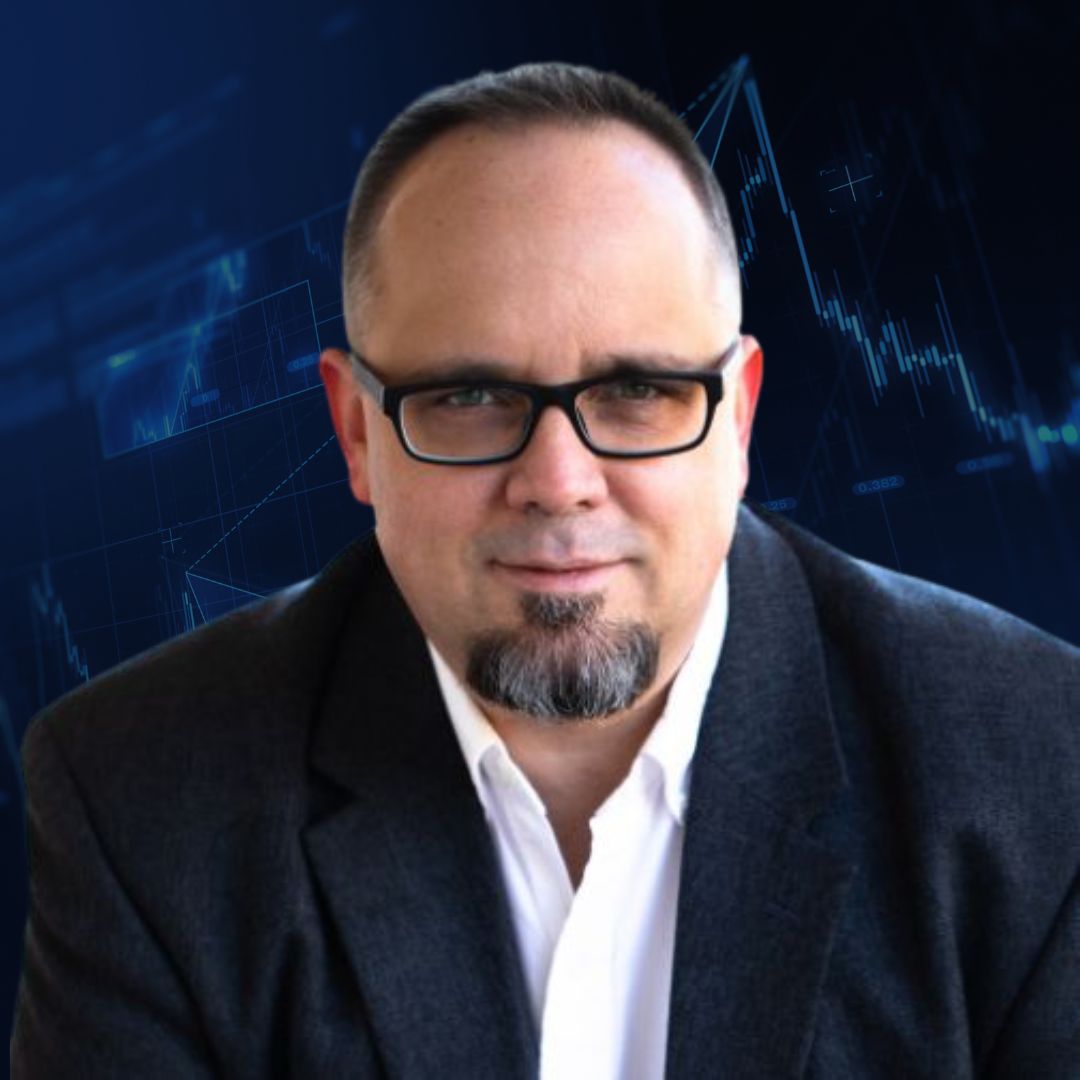Guest Episode
Compound Innovation and PPC Strategies: Business Growth with Forrest Blackburn
Scale your wholesale business from $40K to $2M in just 5 months with industry leader Forrest Blackburn. In this closing part of the episode, Forest Blackburn explains how he partnered with Cody Sperber of Green Elephant Development after becoming a free agent. Together, they built out a successful wholesale real estate channel using PPC as their core strategy.

Wholesale industry leader Forrest Blackburn joins Brandon on this episode of the Collective Clicks podcast. Blackburn shares his experience on growing a company from $40K to $2M in just five months and offers tips on optimizing marketing strategies, implementing split testing, and growing your wholesale business nationally.
SHARE
Ready to join the big leagues?
Start with a free strategy consultation.
Get A Consultation




.jpg)





.webp)
